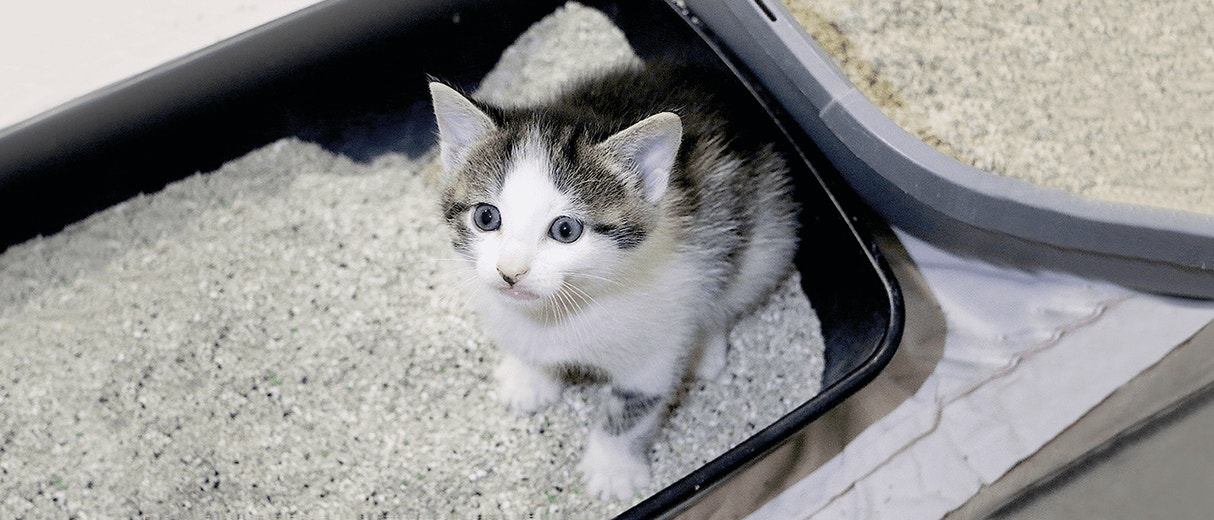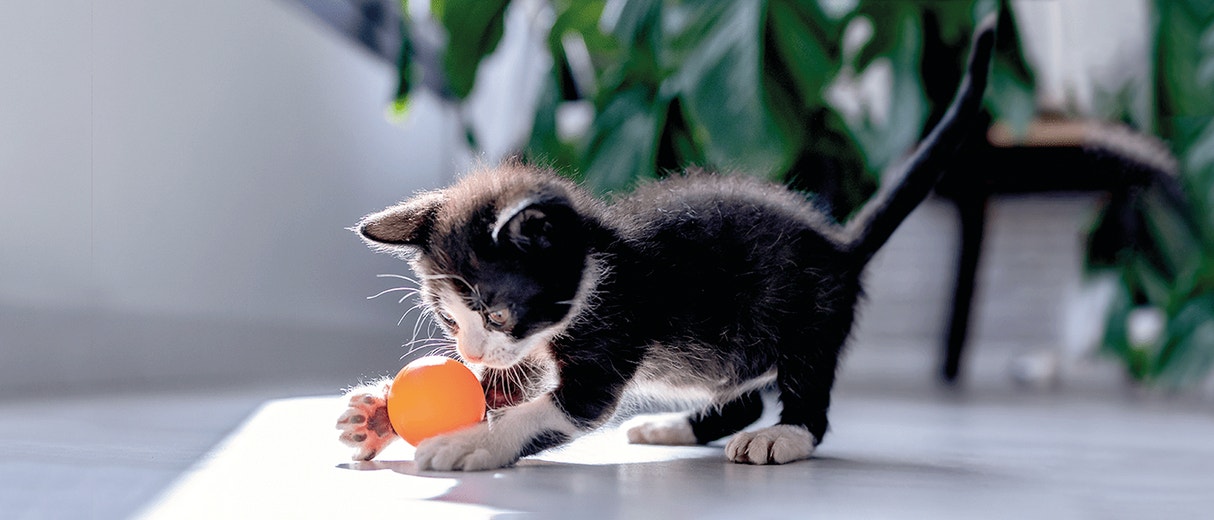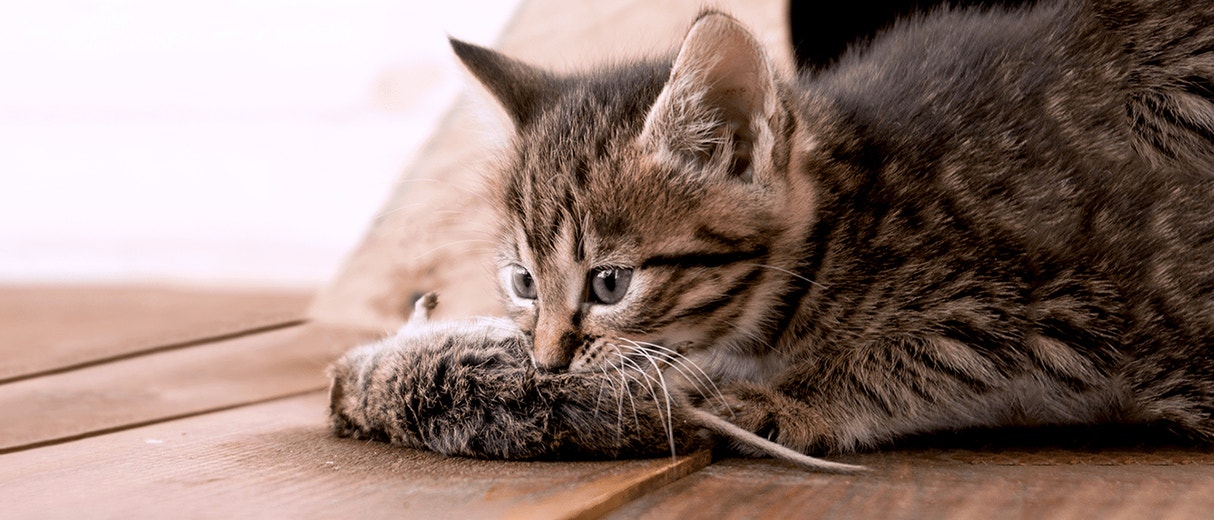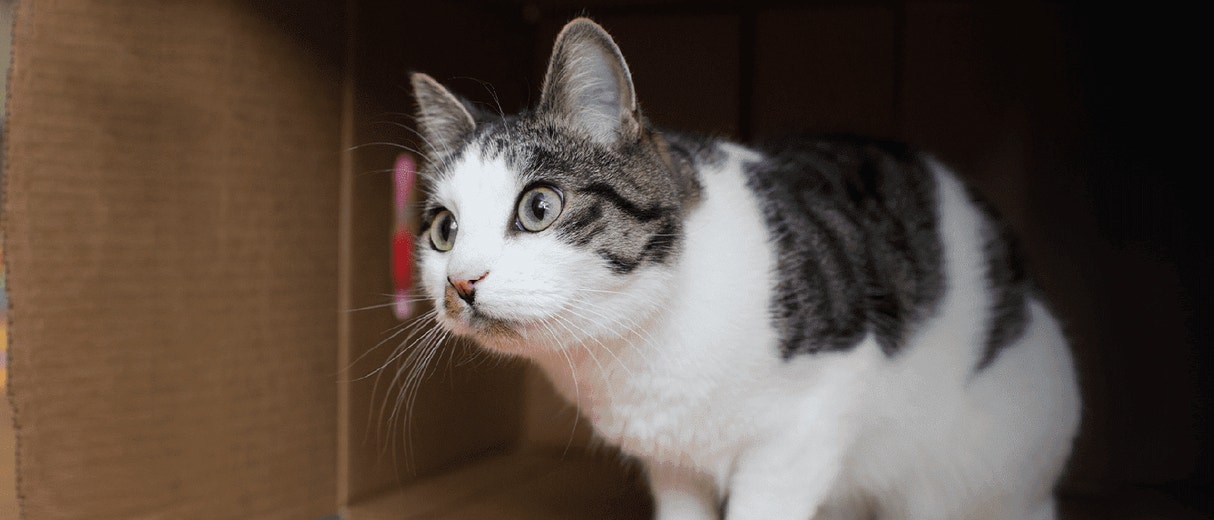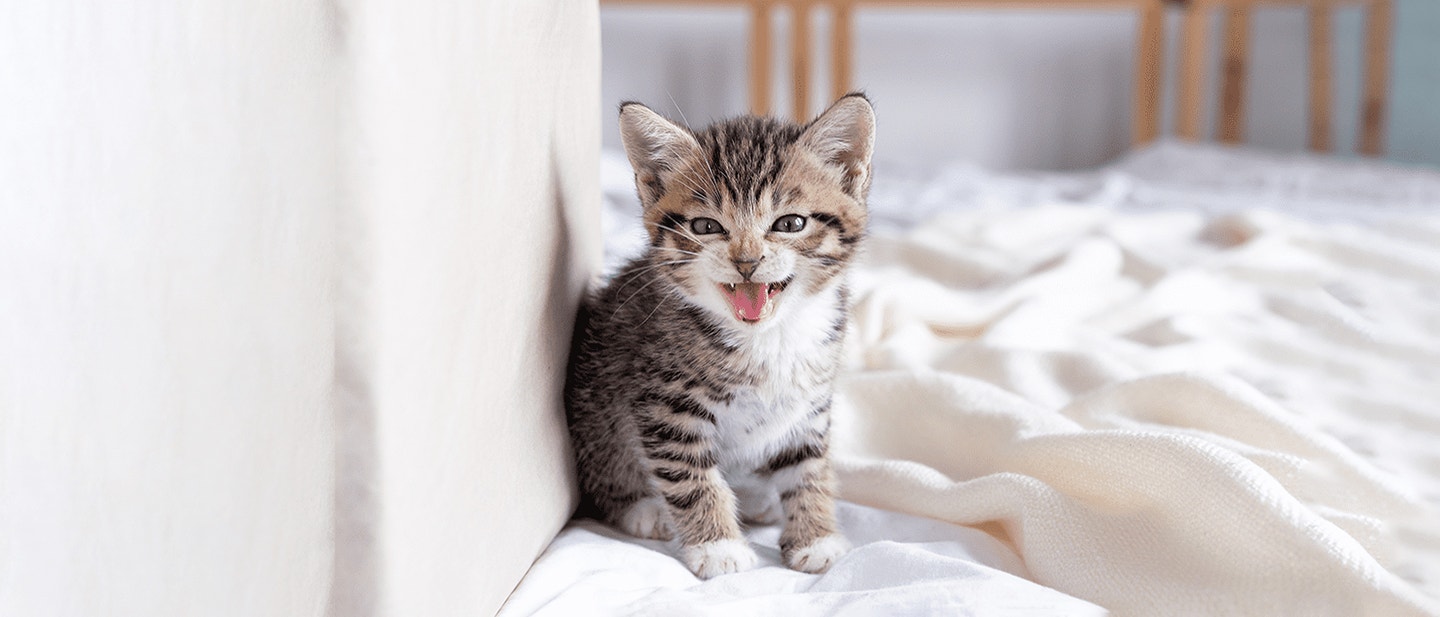
Reducing Aggressive Kitten Behavior
In the wild, big cats will naturally respond to threats by acting aggressively. Your kitten is no different. However, you might find your kitten acts aggressively even when there’s no reason for her to feel threatened - during playtime, for example.
In the wild, big cats will naturally respond to threats by acting aggressively. Your kitten is no different. However, you might find your kitten acts aggressively even when there’s no reason for her to feel threatened - during playtime, for example. If this happens, don't worry - there are plenty of things you can do to restore the temper of your little feline friend!
 Be patient
Be patient
Remember that your kitten is very little, and is still making sense of the world. She might be acting aggressively because she’s scared of something she doesn't understand, or because you haven't yet shown her the things you do and don’t find acceptable.
 Petting and biting syndrome
Petting and biting syndrome
As your kitten grows, you might find she starts switching her behaviour unexpectedly. She might roll on her back and happily allow you to play, then suddenly grab your hand with her claws and teeth.
This behaviour - known as petting and biting syndrome - can happen when your kitten starts to behave in a more adult way: she's out and about mixing with other cats, yet still feels like an infant when she’s on her own at home. The switch happens when she snaps suddenly from “kitten mode” to “adult mode”, turning her normal playful behaviour into a more defensive response.
 Getting her used to being petted
Getting her used to being petted
It's a good idea to start picking your kitten up from an early age. Get your kitten used to you touching her gently all over, and spend lots of time reassuring and bonding with her. Not all kittens learn to accept and enjoy stroking, however, so if she doesn't react positively, it’s best to accept her wishes and stop trying.
 Playing with toys
Playing with toys
Playing is a great way for your kitten to soak up some aggression. There are lots of toys you can buy which she'll love to chase, paw, pounce on and stalk. And it will hurt a lot less than using your hand!
 Persistent aggression
Persistent aggression
Despite all your efforts to make her feel safe and secure, there’s a chance your kitten might continue to act aggressively. If so - and especially if children are her target - it’s best to speak to your vet, who may refer you to an animal behaviourist. With their expert help, your kitten’s aggressive behaviour should soon settle down.

